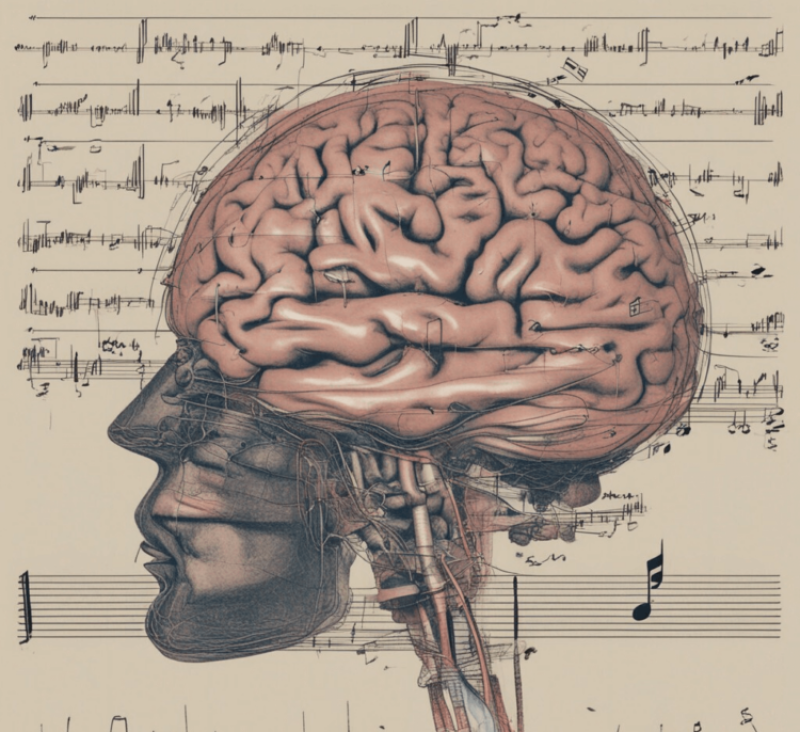In a scientific breakthrough, researchers have gotten one step closer to developing devices that say aloud what people are thinking.
With further development, this could give patients who have lost the ability to speak—because of a stroke or other brain injuries—the power to communicate in a way that sounds more natural and less robotic.
Neuroscientists at the University of California, Berkeley reconstructed Pink Floyd’s classic rock song “Another Brick in the Wall, Part 1” using recordings of the brain activity of 29 patients who heard the song while undergoing brain surgery. Though less polished than the band’s version, the reconstructed tune was recognizable.
In the new study, researchers took recordings from different regions of the brain using a grid-like pad studded with electrodes placed on the organ’s surface as patients underwent surgery for treatment-resistant epilepsy. Each heard the Pink Floyd song a single time.
The researchers then homed in on some brain areas, like the superior temporal gyrus in the auditory cortex, which is responsible for processing sounds. The activity there—monitored by only a handful of electrodes—tracked most closely with the hit song. The team found they could largely tune out the rest of the data and still get recognizable, if somewhat garbled, playbacks.































